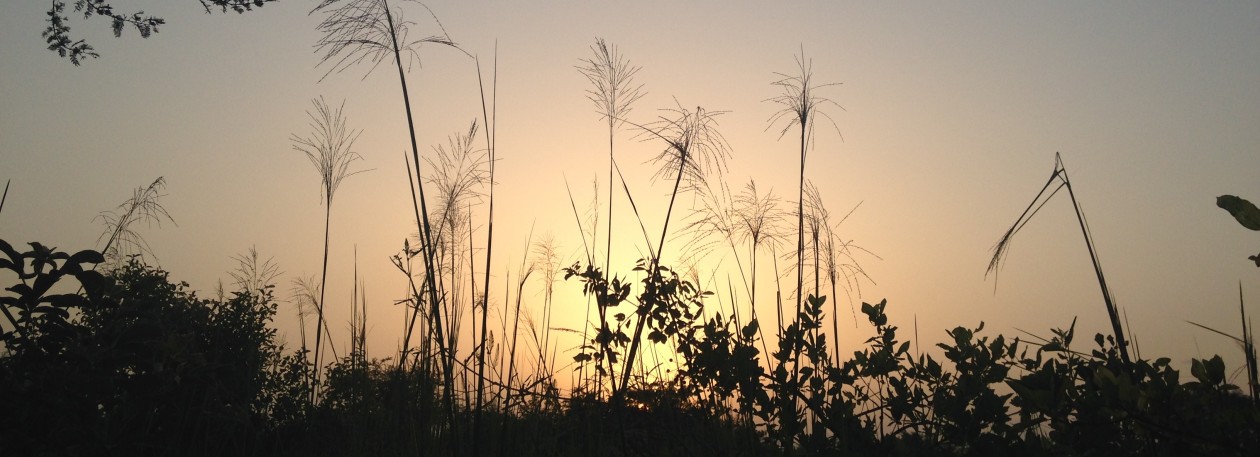Now connected with my new partner Alhassan, I am taking a very different type of beast for these final three weeks as this project involves more of personal transformation and education rather than a focus on community dialogue. In fact, I am reminded on my classes at Bryn Mawr as I undergo our literature project as it emphasizes reflection, personal connections, and deep analysis.
At first, I was a bit disappointed in myself as I was explained that my original idea of creating a literary journal comprised of stories and poems from Dalun community members wouldn’t be feasible, or even worse, ethically appropriate. I can’t believe I wasn’t able to immediately see the blatant flaws myself. To ask a group of people who I’ve never even encountered in person before to submit personal stories about their life experiences is such an invasive demand, something I would have difficulty asking even from my close friends. I might have stories submitted, but may be created routinely and lack that level of intimacy needed for a community journal to have meaning. To ask a piece of personal literature from someone requires deep trust and strong communication, something that I definitely lack as I am not even on the ground in Dalun. Perhaps this idea may have more traction for future summers when we’re fortunate to work there in person, but for now, I have to put this idea to rest.
Instead, I am excited to begin my literary analysis of Ghanaian works with Alhassan. Our first piece that we’re zeroing in on is the work The Gods Are Not to Blame. The piece is an interesting rendition of the Greek play Oedipus, but set within a Ghanaian cultural context. Oedipus, because of its gore and frankly cringe-worthy moments, has always fascinated in my high school English classes through the Western lens, so looking at it set in an entirely different cultural context was a truly unique experience. I even tossed around the idea of transferring more works from different cultures into Ghanaian context, but decided that it was definitely to great an obstacle for three weeks. But I am still looking forward to my literary debates with Alhassan to enrich my understanding of Ghanaian culture and appreciation of literature in general.
